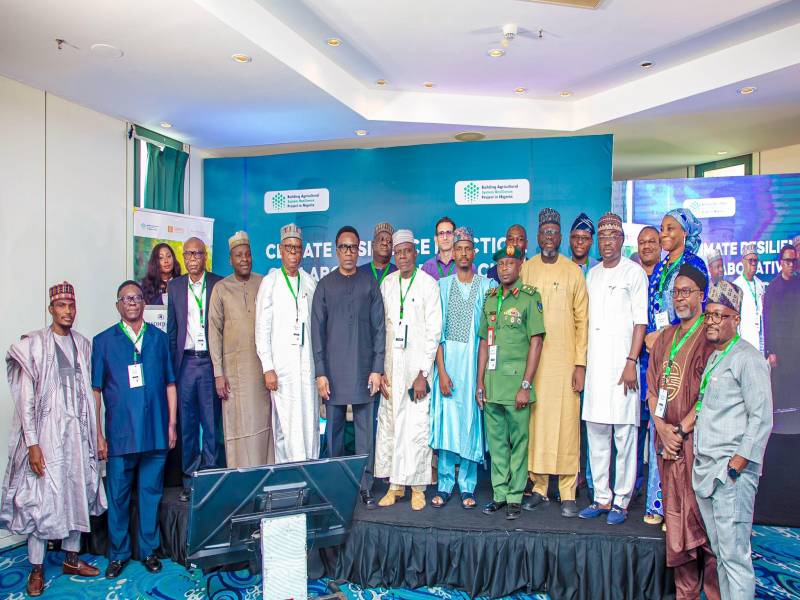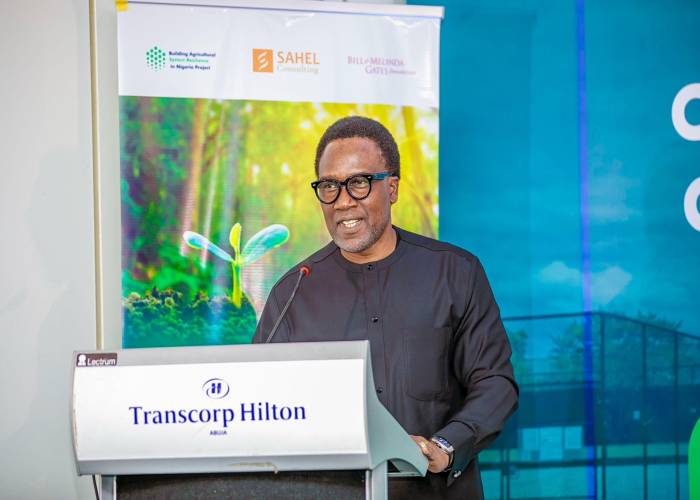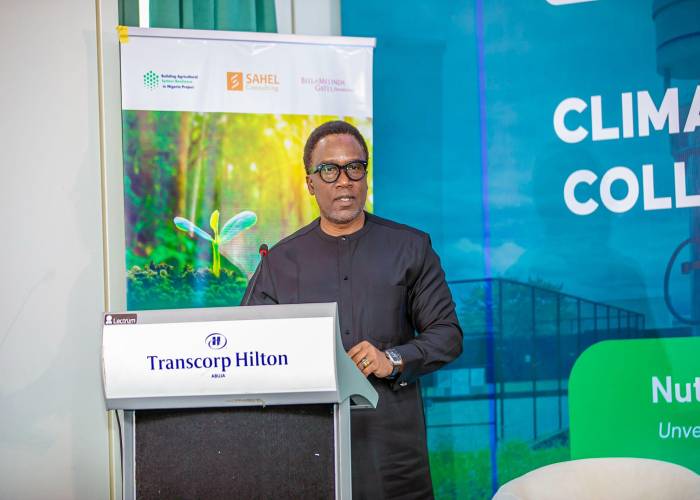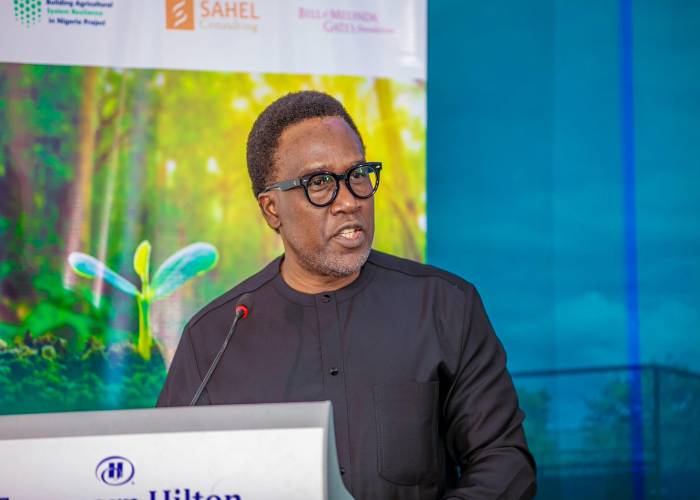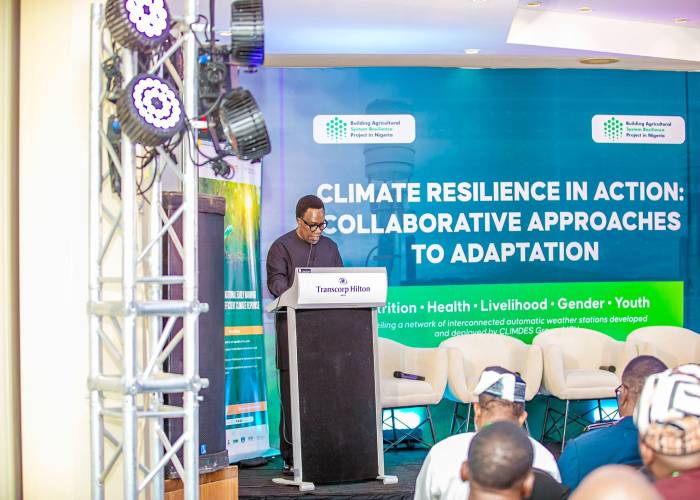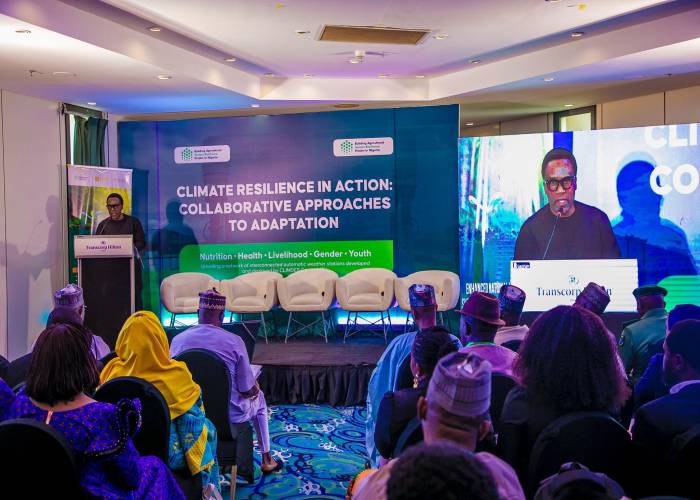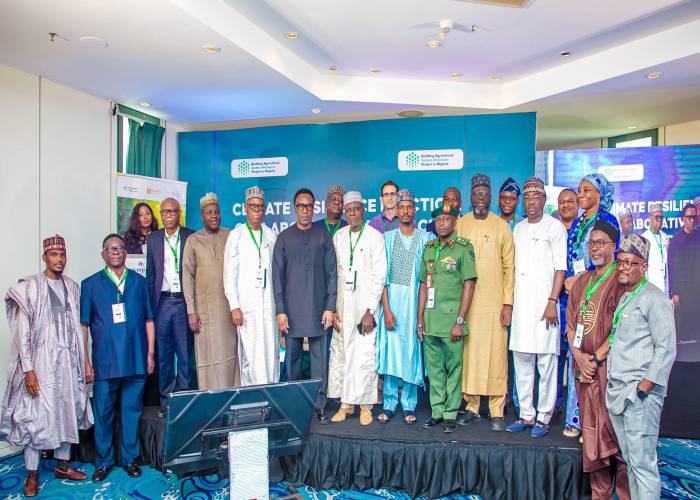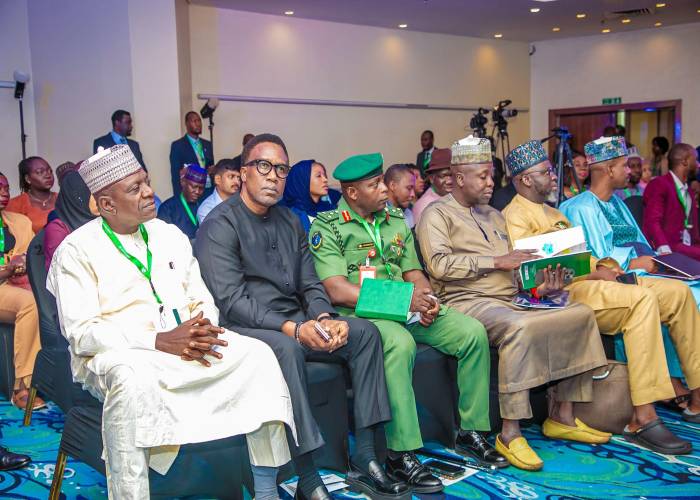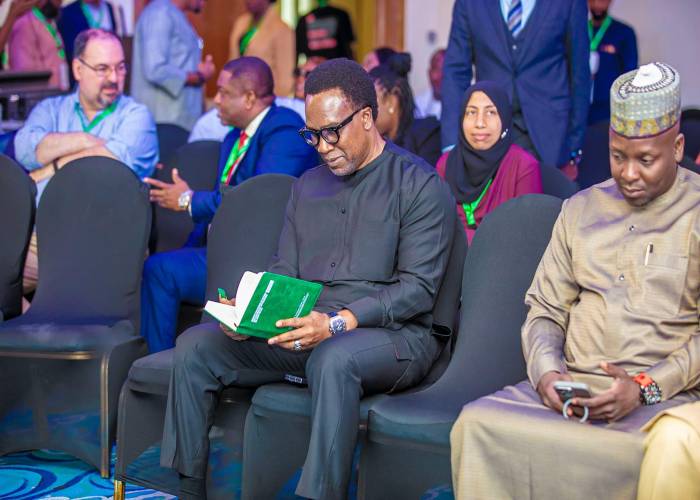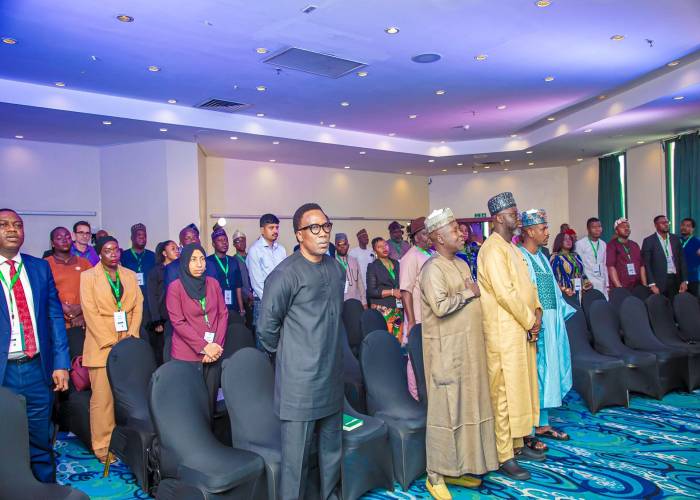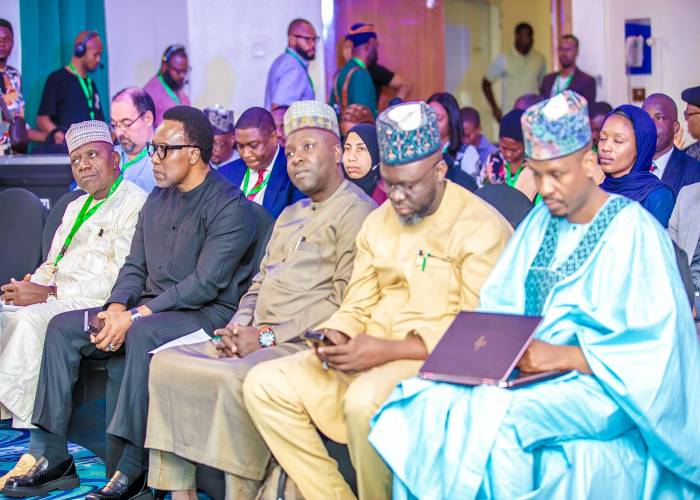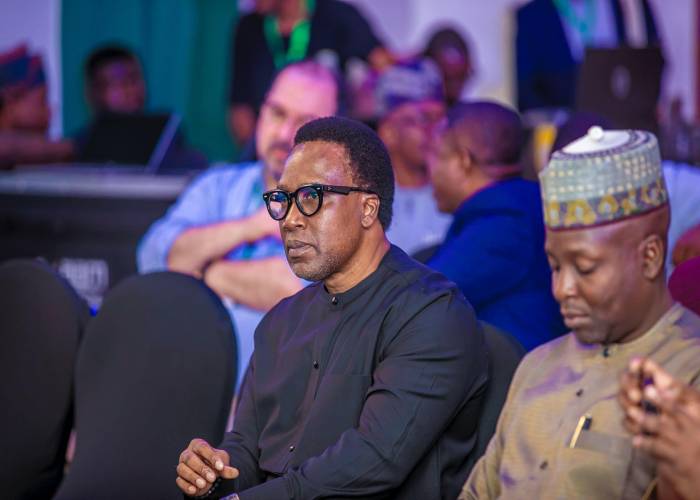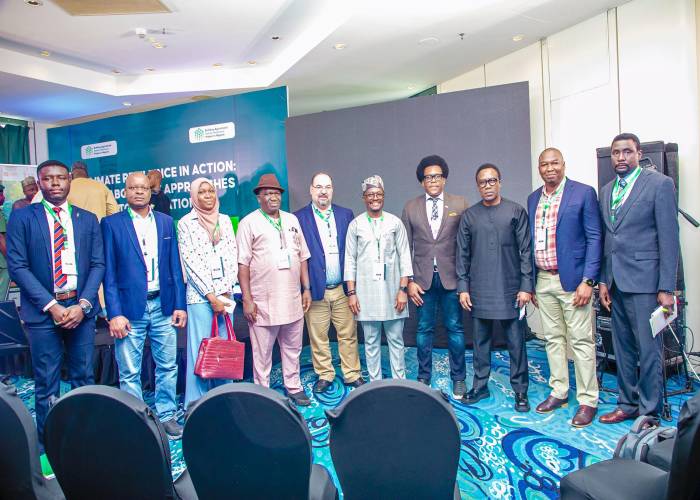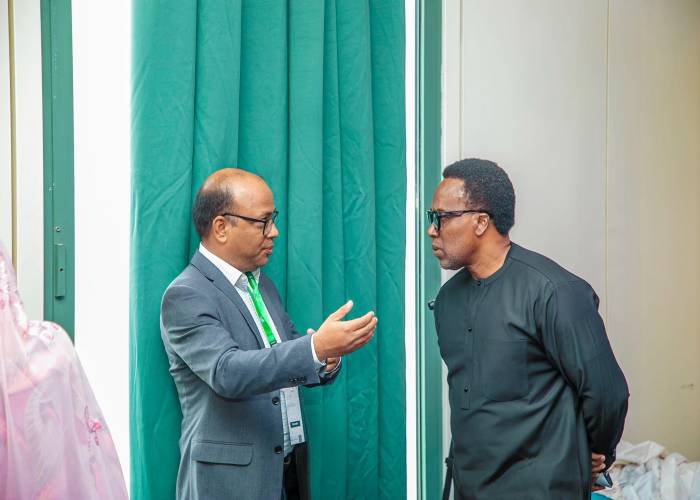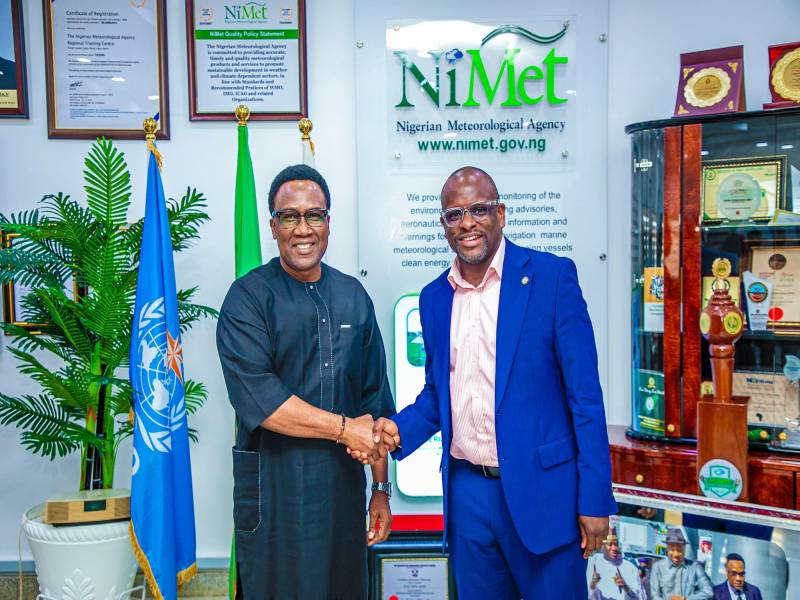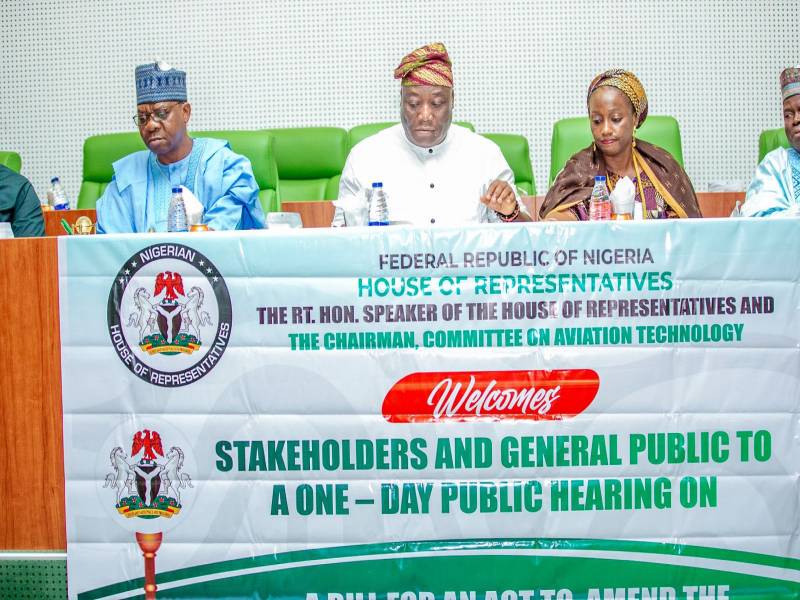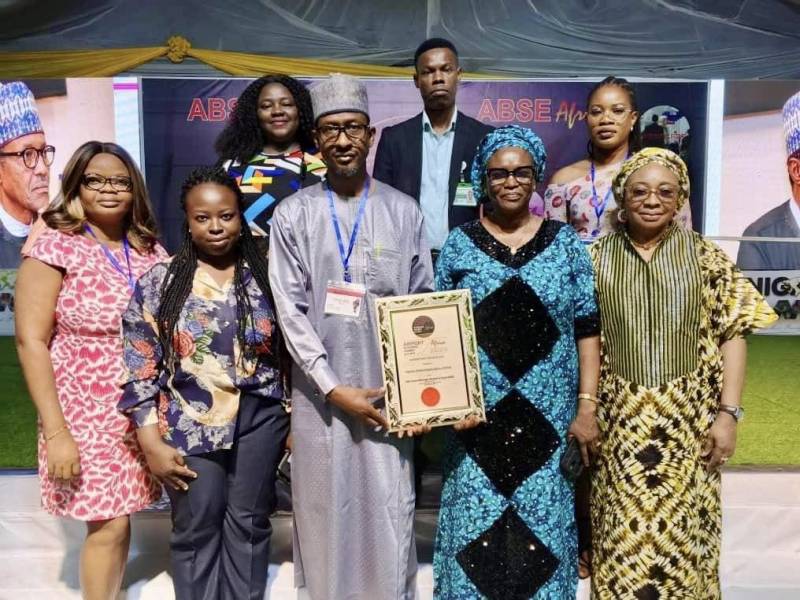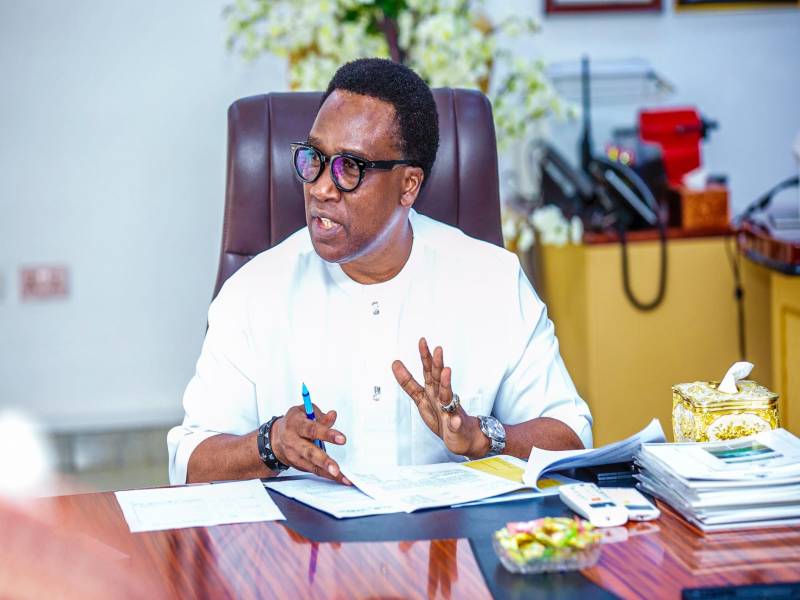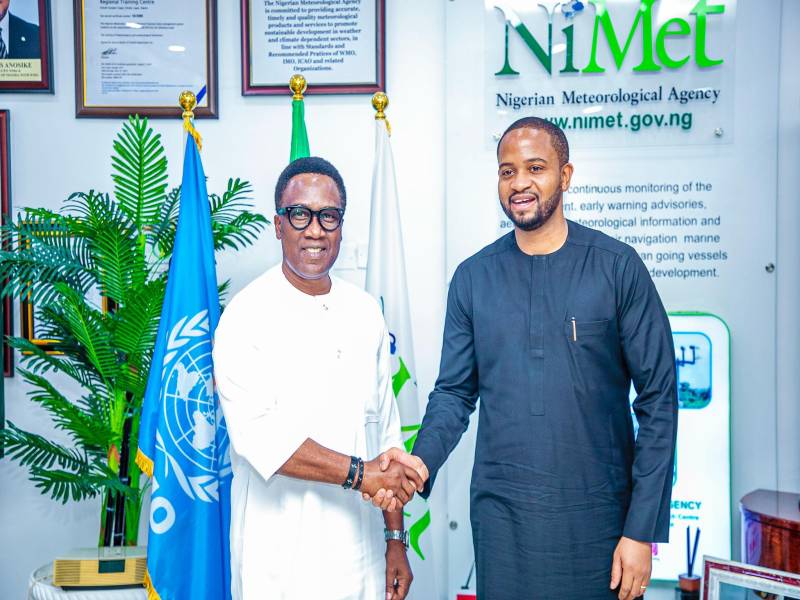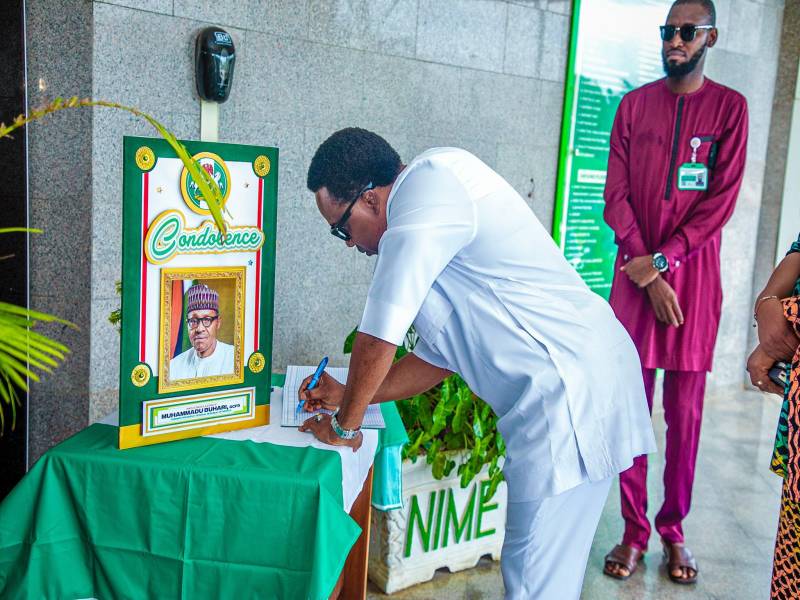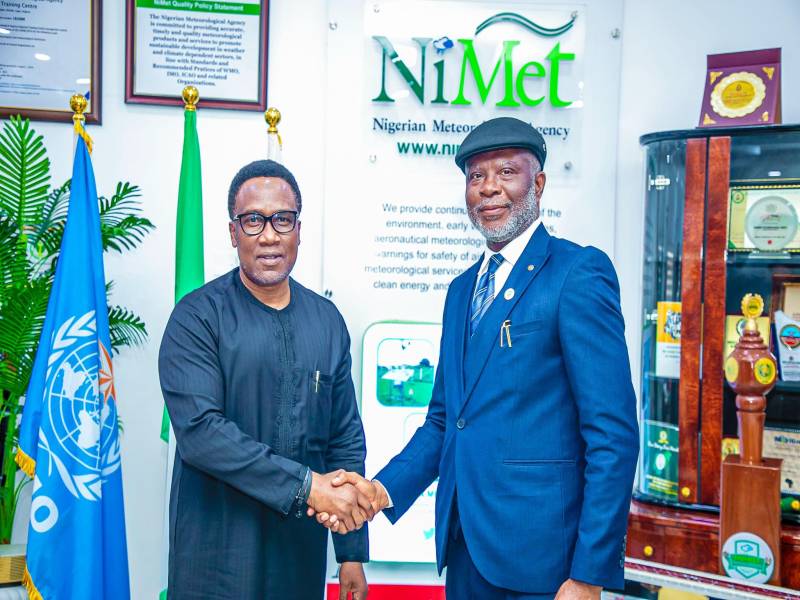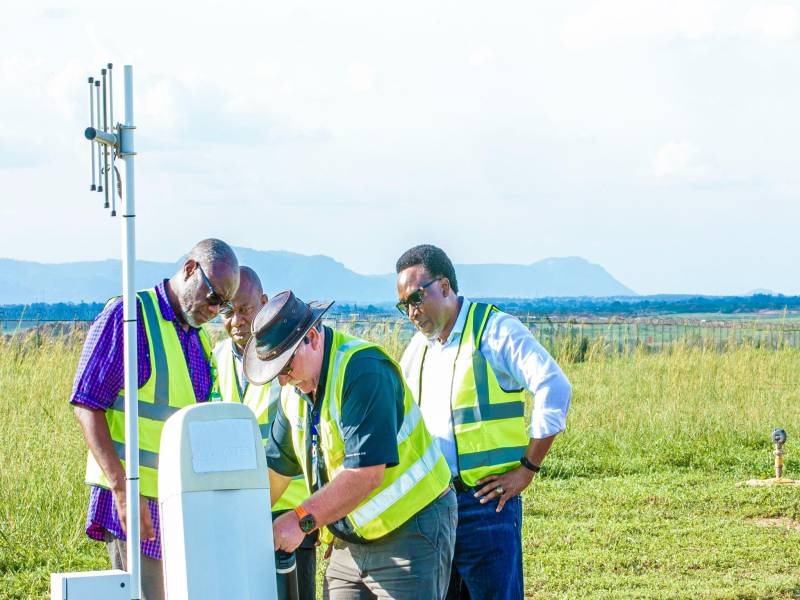The Director General and Chief Executive Officer of the Nigerian Meteorological Agency (NiMet), Prof. Charles Anosike, has underscored the critical role of partnership and data-driven decision-making in building climate resilience across Nigeria’s agricultural sector. Speaking at the “Climate Resilience in Action: Collaborative Approaches to Adaptation” symposium, held on Tuesday, 27th May 2025, at the Transcorp Hilton, Abuja, jointly organized by The Nigerian Meteorological Organisation (NiMet), Michigan State University (MSU), Sahel Consulting Agriculture and Nutrition Ltd., and the African Agricultural Technology Foundation.
Prof. Anosike in his address highlighted the growing threat of unpredictable weather patterns and extreme events. “We must work together—public agencies, research institutions, and private-sector innovators—to deliver timely, localized climate services that farmers and policymakers can act upon,” he said. “Only through collaboration can we turn data into practical solutions that safeguard livelihoods and food security.”
He noted that Nigeria’s agriculture remains highly vulnerable to droughts, floods, and heat stress. “Expanding our observation network and integrating real-time meteorological data into agricultural advisories will reduce losses and improve yields,”
The NiMet CEO called for the adoption of cutting-edge tools—such as AI-augmented forecasting models and mobile decision support tools—to help accelerate climate action and enhance resilience. He emphasized that artificial intelligence (AI) is revolutionizing weather forecasting and playing a crucial role in building climate resilience. However, data collection remains a huge challenge in our region, as indicated by ECOWAS Hydromet Initiative. More than 60% of weather data collection is done manually and relies on non-professionals, leading to lower quality data. Increasing our network of Automatic Weather Stations (AWS) represents one of our most vital tools to address manual data collection and improve data quality in Nigeria. Our current network of observation infrastructure is not sufficient to cover over 924,000 square kilometers of land area.
In closing, Prof. Anosike reaffirmed NiMet’s commitment to partnering with all stakeholders to ensure that every Nigerian—regardless of location—has access to life-saving weather and climate information.


